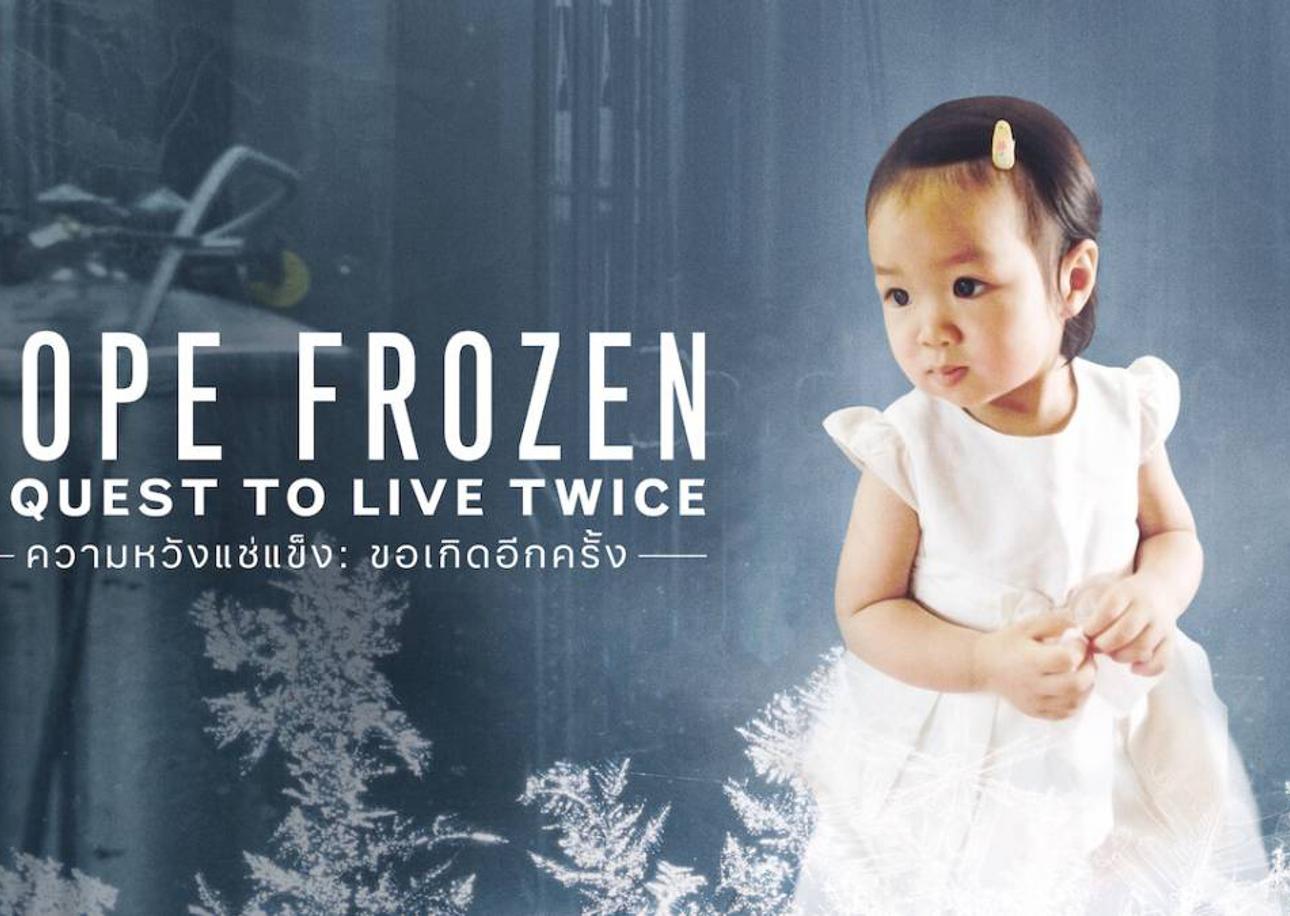Gentlemen’s Guide: Bangkok’s 5 Best Barber Shops
These top 5 barber shops in Bangkok are where gentlemen can elevate ...

Cryogenic suspension, or cryonics, is the process of freezing and storing a body so that it may one day be reanimated upon the development of medical cures in the future. Cryonics procedures can only be carried out after patients are pronounced clinically or legally dead and as of 2014, the United States had 250 bodies cryopreserved and another 1,500 arrangements for cryopreservation.
Cryonics is of course still very much experimental with no proof of being able to bring back loved ones from death. On top of feasibility, there are so many nuances of ethical concerns, some for and some against cryonics. Add in religious beliefs and you can see how things can get messy.
This is the premise of the Thai documentary Hope Frozen: A Quest to Live Twice, which just won Best Documentary at the 49th International Emmy Awards in New York City. Directed by Thai-American journalist and filmmaker Pailin Wedel and written by Pailin and Nina Ijäs, the 75-minute film follows a Thai couple who have decided to pursue cryonics for their two-year-old daughter, Einz, who suffered from “the deadliest brain cancer in the world”—the youngest person ever to be put on cryogenic suspension.
With the slim chances of being reunited with Einz in their lifetime, Einz’s parents have instilled in their 15-year-old son the dream of not only being with his little sister once more but also being part of her future revival.
Hope Frozen premiered in 2019 at Hot Docs Canadian International Documentary Festival, where it won Best International Feature Documentary. The film took five years to produce, and you can watch it now on Netflix.
These top 5 barber shops in Bangkok are where gentlemen can elevate ...
Pets, as cherished members of our families, deserve rights and protections that ...
Wandering around the globe, try out the signature tastes of cultures across ...
Sailorr and Molly Santana’s black grills fuse hip-hop swagger with homage to ...
Oooh, Pantone just dropped their 2026 Colour of the Year and it’s ...
Pattaraporn “Nat” Salirathavibhaga’s HOMELAND supports farmers through conscious purchasing and bringing agriculture ...
Wee use cookies to deliver your best experience on our website. By using our website, you consent to our cookies in accordance with our cookies policy and privacy policy